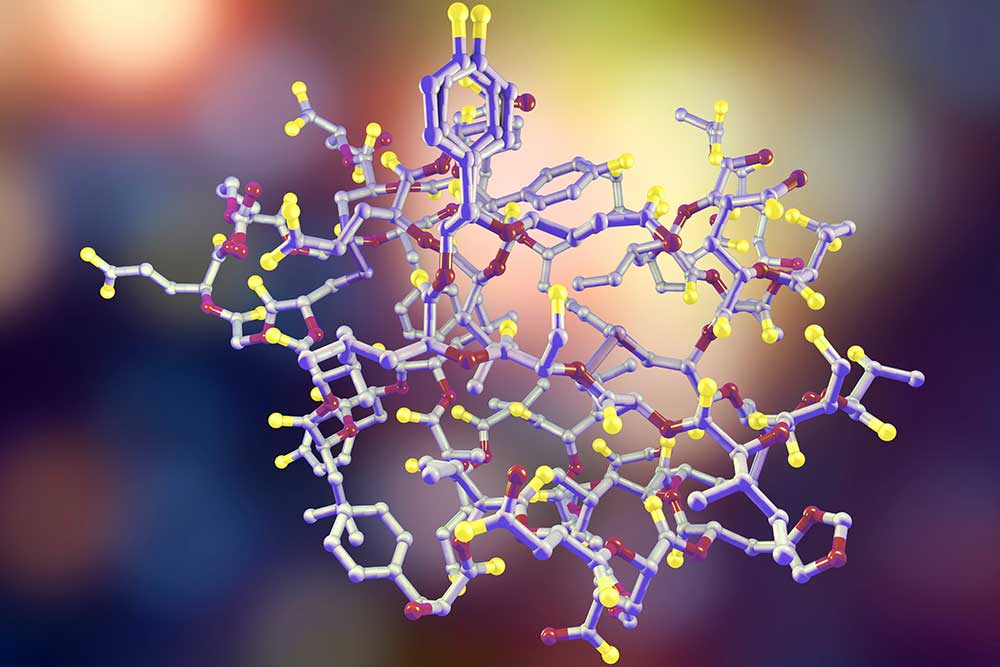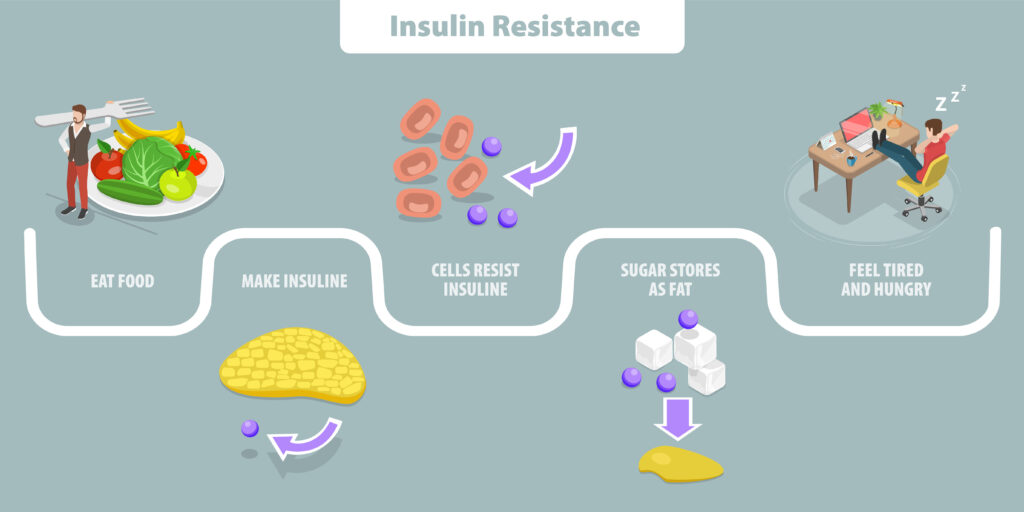The Role of Hormones in Weight Loss

Are you frustrated with various attempts to lose weight despite trying various diets and exercise regimens? Perhaps you have found success only to watch the weight reappear almost magically overnight. Certainly not Disney magic. No overweight princesses there.
As the hormone specialist in Flower Mound and Lewisville, Dr. Fliedner has helped patients who have struggled with yo-yo dieting or “weight cycling” to shed permanent weight simply by improving their metabolic health and hormonal levels.
Hormones Can Help You Shed Pounds
Hormones play a crucial role in our bodies, regulating everything from our mood to our metabolism. But did you know that they can also affect our ability to shed those stubborn pounds? Sometimes, our bodies need a bit of outside help such as Dr. Fliedner can bring to get our hormones into balance.
In this article, we will explore how hormones contribute to weight loss and how understanding their role can help you reach your goals. From insulin to leptin and ghrelin, we will dive into the different hormones that impact our appetite, fat storage, and energy levels.
By understanding how these hormones work, you can make informed decisions about your diet and lifestyle to optimize your weight loss efforts. From bioidentical hormone therapy to simple lifestyle changes, we will explore various strategies to ensure that your hormone levels are in balance and working in your favor.
Join us as we uncover the fascinating world of hormones and their impact on weight loss. Let’s get ready to shed those pounds and achieve your dream body.

Understanding the Role of Hormones in the Body
Hormones are chemical messengers produced in various glands throughout our body. They travel through the bloodstream, carrying important signals to different organs and tissues. These signals help regulate various bodily functions, including metabolism, appetite, and fat storage.
One of the key hormones involved in weight loss is insulin. Insulin is produced by the pancreas and is responsible for regulating blood sugar levels. When we eat carbohydrates, our body breaks them down into glucose, which then enters the bloodstream. In a healthy body, insulin helps the glucose in your blood to enter your muscle, fat, and liver cells so they can use it for energy or store it for later use. When glucose enters your cells and the levels in your bloodstream decrease, it signals your pancreas to stop producing insulin.

However, if our cells become resistant to insulin, glucose remains in the bloodstream, leading to weight gain and increased fat storage. If your cells become too resistant to insulin, it leads to elevated blood glucose levels (hyperglycemia), which, over time, leads to prediabetes and type 2 diabetes.
Hormones that Affect Weight Loss
In addition to insulin, several other hormones play a significant role in weight loss. Leptin, often referred to as the “satiety hormone,” is produced by fat cells and helps regulate appetite and energy expenditure. When our leptin levels are functioning properly, it signals to our brain that we are full and should stop eating. However, in cases of leptin resistance, this signal is weakened, leading to overeating and weight gain.
Ghrelin, on the other hand, is known as the “hunger hormone.” Produced in the stomach, ghrelin signals to our brain when we are hungry. Ghrelin levels increase before meals and decrease after eating. However, hormonal imbalances can disrupt this natural hunger-regulating system, leading to overeating and weight gain.
How Hormones Impact Metabolism
Metabolism refers to the process by which our bodies convert food into energy. Hormones play a crucial role in regulating our metabolic rate, which determines how quickly or slowly we burn calories. One hormone that affects metabolism is the thyroid hormone, produced by the thyroid gland. Thyroid hormones control the rate at which our cells produce energy from nutrients. If our thyroid hormones are imbalanced, our metabolism can slow down, leading to weight gain.
Another hormone that impacts metabolism is cortisol, often referred to as the “stress hormone.” Cortisol is released in response to stress and helps regulate our body’s response to it. However, chronic stress can lead to elevated cortisol levels, which can disrupt our metabolism and promote weight gain, particularly in the abdominal area.
The Connection Between Hormones and Appetite
Appetite regulation is a complex process involving various hormones. In addition to leptin and ghrelin, other hormones, such as peptide YY (PYY) and cholecystokinin (CCK), also play a role in controlling our appetite. PYY and CCK are released by the intestines in response to food intake and help signal to our brain that we are full.
An imbalance in these hormones can interfere with this appetite regulation system. For example, a deficiency in leptin or an excess of ghrelin can lead to increased hunger and overeating. Similarly, imbalances in PYY and CCK can disrupt our ability to feel satisfied after a meal, leading to excessive calorie intake and weight gain.
Hormonal Imbalances and Weight Gain
Our bodies are complicated and interrelated. Hormonal imbalances in one area can trigger imbalances in other areas, significantly contributing to weight gain and to difficulty in losing weight.
As an example of the delicate balance and interrelated relationship of our hormones, hormonal imbalances can also lead to an increase in cortisol levels, which can lead to weight gain, particularly in the abdominal area. Additionally, imbalances in thyroid hormones can slow down our metabolism, making it harder to burn calories and lose weight.
It takes the care of a practitioner, sensitive to how the imbalances of the various hormones affect one another, to prescribe a personalized hormone therapy that will bring a body into balance.
Hormone Replacement Therapy for Weight Loss
In many cases, Dr. Fliedner has prescribed bioidentical hormone replacement therapy (BHRT) to address hormonal imbalances and aid in weight loss. BHRT is the prescription of lab-made hormones that have a molecular structure, identical to the hormones naturally produced by the human body. These hormones replace or supplement the hormones in which our body is insufficient. As an example, for an individual suffering from low thyroid levels, Dr. Fliedner may prescribe compounded thyroid hormones to boost her metabolism and aid in weight loss.
While BHRT is effective in helping a body reach hormonal homeostasis and weight loss, it is important to find a skilled hormone specialist with great qualifications. Hormonal imbalances are complex, and the appropriate treatment will depend on the specific hormone involved and the individual’s unique circumstances. If you are interested in learning more about BHRT and how Dr. Fliedner can help you lose weight and improve your overall health, contact our office.
The Importance of a Healthy Lifestyle in Hormone Regulation
While we believe BHRT is the best approach to treat weight gain associated with aging, we also encourage our patients to adopt and practice natural remedies that support overall health and weight loss. One of the most effective strategies is adopting a healthy lifestyle that includes a balanced diet, regular exercise, stress management, and adequate sleep.
A balanced diet that includes lean proteins, healthy fats, and complex carbohydrates can help regulate insulin levels and support weight loss. Avoiding processed foods, refined sugars, and excessive alcohol consumption can also help maintain hormonal balance.
Regular exercise is essential for weight loss and hormonal balance. Physical activity helps regulate insulin levels, boost metabolism, and reduce stress. Incorporating both cardiovascular exercises and strength training into your routine can help optimize your weight loss efforts.
Stress management techniques, such as meditation, deep breathing exercises, and yoga, can help reduce cortisol levels and promote hormonal balance. Additionally, getting enough sleep is crucial for hormone regulation. Lack of sleep can disrupt hormone production and increase late-night cravings for unhealthy foods.
Dr. Fliedner firmly believes in treating the whole person; and by adopting a holistic approach to weight loss, focusing on both hormonal balance and lifestyle factors, he has successfully helped many of his patients lose weight and live more productive, successful lives.
We are here to improve your health by getting your whole body in alignment. We will prescribe BHRT to bring your hormones into balance; we will prescribe lifestyle changes such as strength training, meditation, cardio, etc. to improve your body’s functioning; we will prescribe supplements to prevent disease. All of these work together to improve your health and naturally cause you to lose weight and keep it off.
Harnessing the Power of Hormones for Successful Weight Loss
Hormones play a vital role in weight loss. From regulating metabolism and appetite to influencing fat storage and energy levels. Hormones impact various aspects of our weight and body composition. The key is bringing a body’s hormones into balance to keep the body functioning efficiently. See our other articles on the importance of hormonal balance in protecting our bodies from degenerative diseases.
So, if you’re tired of one-size-fits-all weight loss programs and want to take a more personalized approach, contact our office to schedule an appointment with Dr. Fliedner. Harnessing the power of hormones and adopting a healthy lifestyle is the path to shedding those pounds and achieving your dream body. It’s time to take control of your hormones and unlock your weight loss potential.
